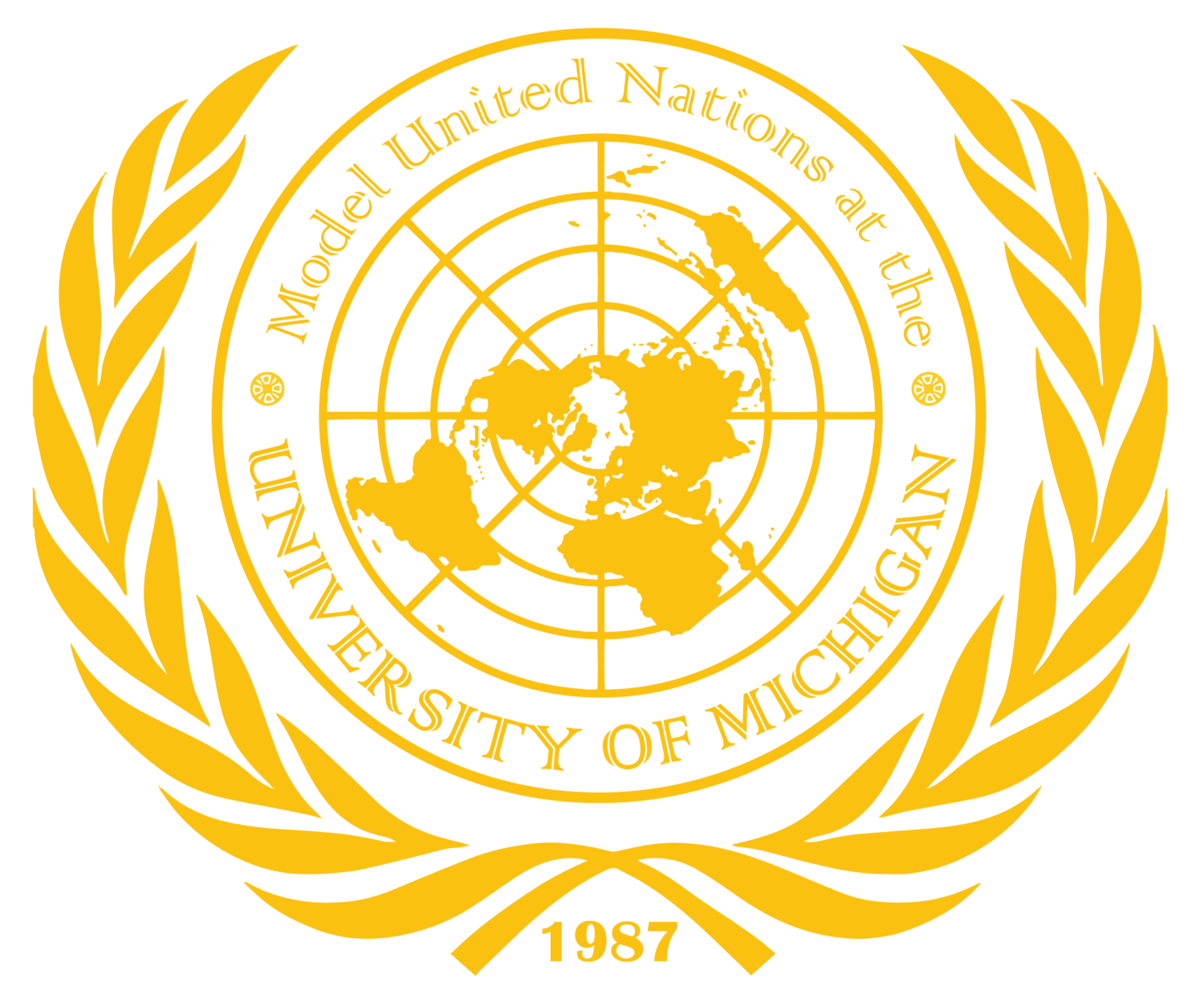By: Ash K. Srivastava
The world watches as the 1992 UNSC attempts to rewrite history by preventing both the deaths of tens of thousands of Yugoslavians and the humiliation of the UNSC due to inaction and ineffective solutions, as well as severe peacekeeper misconduct. (BBC News) Luckily, the UNSC is mostly united in their task. In the words of the delegate from New Zealand, “all of us are on the same page.” After New Zealand’s remark, China noted that, as a communist nation, they are opposed to some measures about free and fair elections, however they are going to “try and put those aside.” The biggest disagreement seemed to be over whether the term “ethnic cleansing” should be used instead of “mass genocide,” with the delegate from the United States later privately commenting that “the events referred to by ‘ethnic cleansing’ are no cleansing, but rather inhumane war crimes.” This disagreement was quickly skipped over in favor of delegates stating their countries’ positions on possible “ethnic cleansing,” with all delegates who spoke stating their firm opposition and possible solutions, including a stand-in government run by “democratically stable countries” (New Zealand) and deployment of peacekeepers. However, no matter how united they are, the UNSC is facing a time crunch. The Yugoslavian government has already decided to hold a referendum in two weeks, so it is up to the UNSC to attempt to protect this election and institute other measures beforehand. Unfortunately, no delegate from Russia was present. However, the other four permanent members (France, United States, United Kingdom, and China), along with a majority of other members, are attempting to compromise on a resolution to ensure a quick and efficient response. A resolution is currently being written and members anticipate introducing it by the end of the second committee session today.
Works Cited
BBC News. “Balkans War: A Brief Guide.” BBC News, 18 Mar. 2016, www.bbc.com/news/world-europe-17632399.
